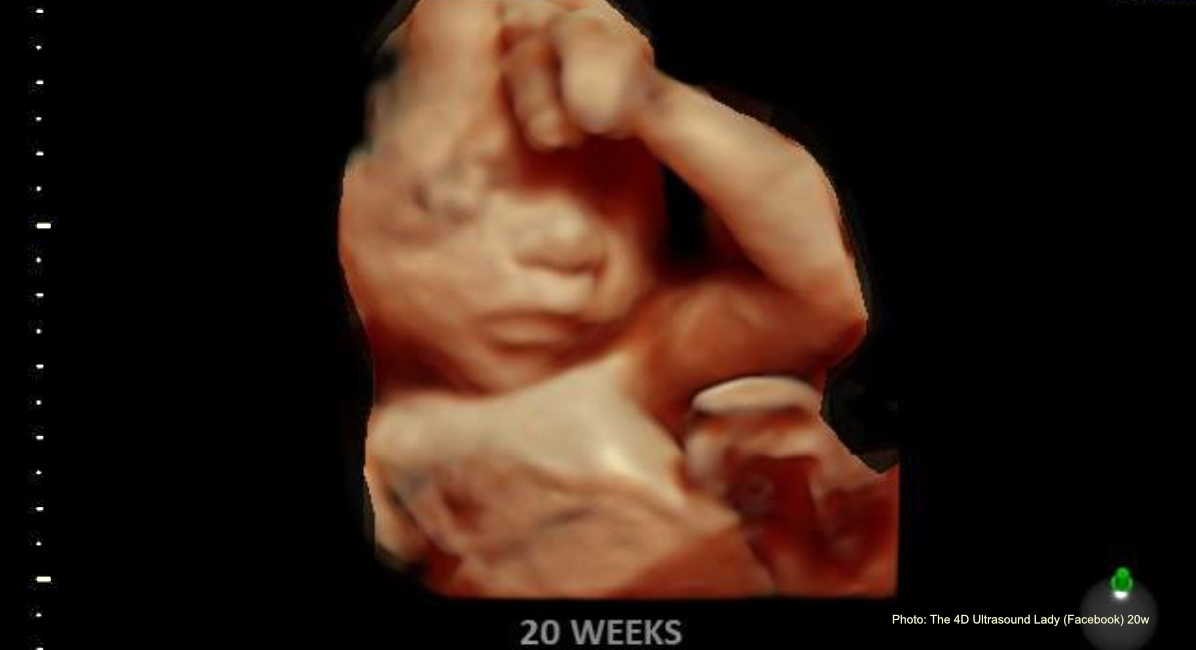As soon as Norwegian couple Jan and Lene Robertsen learned their preborn daughter Olivia had Down syndrome, they were offered an abortion.
According to Verdinytt, the Robertsens were happy to be expecting a baby and were having a routine check-up when an ultrasound detected a heart defect typically associated with Down syndrome. The couple chose to undergo an amniocentesis so they could get an official diagnosis and then prepare for their child’s needs at and after birth. Just a few days later, they received the diagnosis.
“She has Down syndrome,” the doctor said, and then immediately added, “If you sign here, we will terminate the pregnancy.”
The couple was furious. “We were completely shocked. We were already far along in the pregnancy, 20 weeks to be exact, and the first thing we were offered was to terminate her. It felt entirely wrong,” Lene said, while Jan added, “I was simply angry. This was not a message we should receive. It was never an option for us.”
READ: Outrage in Poland: Baby with disability killed by abortion at 37 weeks
Today, their daughter Olivia is 11 years old and the light of their lives. “What makes Olivia so special is that she is 100% genuine. No facade, no masks. She gives of herself, and it touches people right in the heart,” Jan said. “She breaks through all defense mechanisms with her innocent and genuine presence.”
Abortion due to Down syndrome is incredibly common in Europe; the highest rates of Down syndrome are in Malta and Ireland, where eugenic abortions are not as common. Countries like Denmark and Iceland, however, have nearly eradicated the condition through abortion. Iceland has boasted of a nearly 100% abortion rate for Down syndrome, and Denmark had just 18 children born with it in the year 2019. In the Netherlands, women are told they have a “moral duty” to abort if their baby has Down syndrome.
Overall, the birth rate for children with Down syndrome has plummeted in Europe. The trend has continued outside of Europe, too; in Australia, for example, the media praised prenatal screenings that could “effectively end Down syndrome” — by eliminating children with the condition prior to birth.
Yet for the Robertsens, their daughter Olivia is a gift, and they hope others will see the joy in their family and choose life.
“We strongly recommend keeping the child. Life with Olivia hasn’t always been easy, but it has been rich. The world needs more like her,” Jan said.
Lene added, “We wish there was an option where parents could meet families with children with Down syndrome before making a decision. We know many think about the challenges, but few see the joy and love these children bring. If anyone wishes to meet Olivia and see what our life is really like, our door is always open.”








